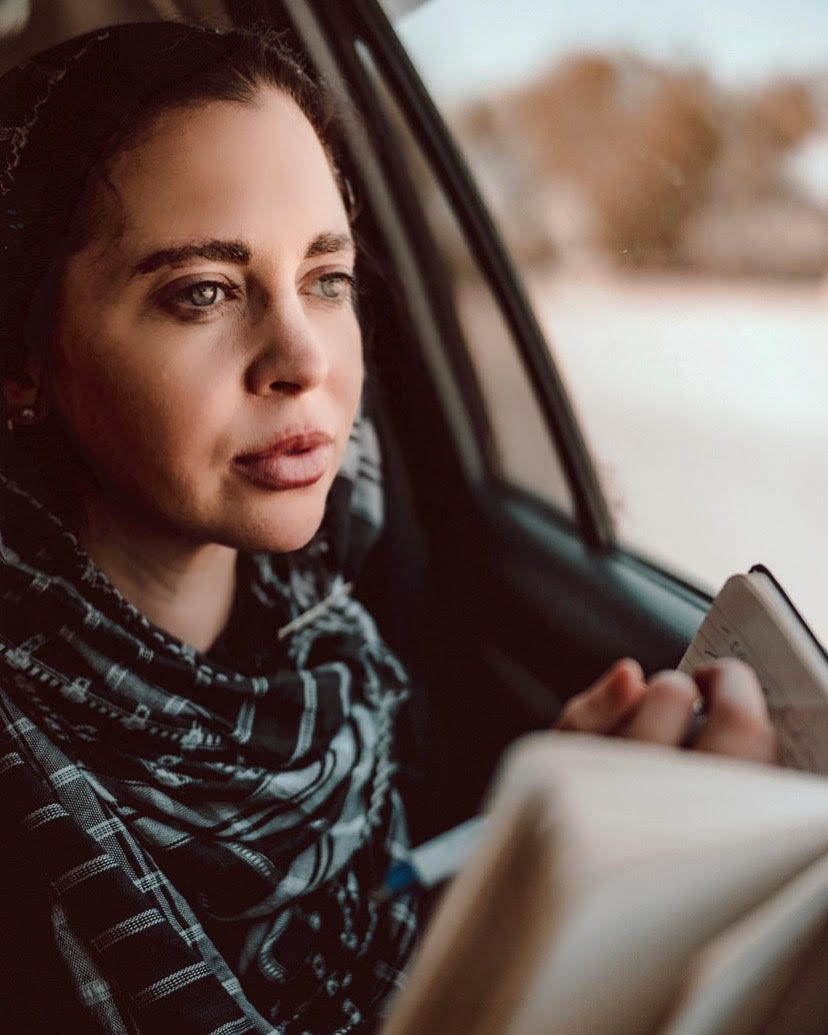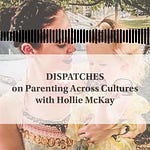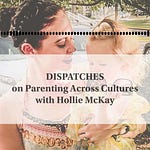“We realize the importance of our voices only when we are silenced.”
― Malala Yousafzai, I Am Malala: The Story of the Girl Who Stood Up for Education and Was Shot by the Taliban
"You war reporters," one U.S. military contractor told me over dinner in Tashkent, Uzbekistan, a few nights ago. "You are a different breed."
Certainly, there is something deeply twisted about trying to get back into a place where everybody who lives there is attempting desperately to flee. My photographer Jake and I sat restlessly for days inside the comforts of Afghanistan's neighbors, Uzbekistan and Tajikistan, after being successfully escorted out of the country by the Taliban in the northern city of Mazar-e-Sharif, several days after it suddenly fell to Taliban control just hours before the capital of Kabul crumbled.
Choosing to return to the new – or old – Afghanistan, depending on which way you look at it, was not a decision that either of us made lightly. We are well aware of the risks. There are no embassies to turn to and few resources to assist us if things fall apart. Most of our friends and colleagues have flown far away from Afghanistan to far-flung places in fear of the new regime and the uncertainty that permeates every inch of the blood-stained nation.
It is guilt. It is a concern. It is curiosity. It is a sense of needing to fulfill that gnawing sensibility in the pit of our stomachs that just because the U.S. leaves a place does not mean that it is erased from the map. Afghanistan chugs on, and we do what we do as journalists because abandonment amid this trying new time is not an option. The Afghan people still matter, their voices still exist, their stories still need to be told and bearing witness is part of why we chose this profession in the first place.
It is hard to explain this to those who love you most in the world, who want to see you safe and sound and sleeping every night with ease. But for me, I cannot happily go about my life knowing I am not doing what I intended to do. Certainly, there is no endpoint – the tales of tribulation will extend on and on – yet I have the luxury of setting a self-imposed deadline at some point, of eventually forcing myself to walk away.
In many ways, the story is only starting. It is of those left behind to pick up the pieces of their shattered and precarious existences. It is not only of a new chapter but a new epoch. I do not think it is the job of a journalist to change the world; we are not policymakers nor people pivoting inside powerful places. I do not carry that type of weight or hubris. But I do think there is a moral obligation to tell human stories as they are from the ground, to paint some kind of picture that cannot be conveyed from a thirty-second video on social media or from analyzing reports miles away.
After trekking on foot over "Friendship Bridge" – the road and rail passageway that connects the two very different worlds of Uzbekistan and Afghanistan – we reached the faded border town of Heraitan. A Taliban officer asked no questions as he skimmed over our passports and valid media visas issued under the former government, stamping Jake and me in with a newly-minted "Islamic Emirate of Afghanistan" indentation in Pashto.
With our driver and two of his brothers waiting for our arrival, we ventured across the wounded yet wonderful Afghanistan, some 300 miles alongside the Hindu Kush mountain range and ruptured Solang Pass. We skirted through entirely empty and bombed-out villages with white-and-black Taliban flapping high and pivoted around shattered roads where entire chunks of the earth had been violently ripped out in heavy aerial bombardment. We passed mosques blown to bits and burqa-clad women and children languishing under the scorching sunshine, sitting silently in the dust waiting for some form of an absolution that might never come.
The expedition is rife with magical moments, too – lush almond trees and small children squealing with happiness in tiny ponds, farmers offering cups of fresh green tea and homes encompassed by tendrils of mist on the mountain, capturing a real-life vision of the books I read as a child.
"However black a cow is, the milk is always white," my local chaperon says as we drive on, emphasizing that this is a proverb that they often repeat in Pashto, meaning that there is so much more that unites us than divides us as humans.
The irony is that it was a journey across the country that I could not make previously, given the erratic control the Taliban already had over the beleaguered land.
READ MORE ABOUT OUR AFGHANISTAN ROAD TRIP HERE
All in all, we passed through about sixteen checkpoints. Most waved us through, averting their gaze when they spotted me – a woman – wedged inside the small car. A few Taliban stopped and asked questions, mostly where we were coming from and where we were going, and then welcoming "guests" inside the country. It was only we reached Jabal Sijaj in Parwan, at the stop adjacent to the turnoff to Panjshir – the picturesque resistance province and the final bastion that the Taliban does not control – that the car was pulled to the side, and a commander called for further questioning.
Eventually, we were signaled to keep plowing on. More than twelve hours later and in the dead of night, we reached Kabul: a city that exists in a way that is a shell of its former self.
I rose early Sunday morning, the beginning of the working week, the sights drawing up remnants of "old" Afghanistan: fruit stands opening on street corners, men huddling in small groups peering over a video on a smartphone, and women emerging without male chaperons from their homes – around half without a burqa. Only the streets are a muted shadow of their former selves; the vibrancy and laughter have given way to a sense of laying low and constant anxiety.
"Have you had problems? Aren't you afraid?" whispers one watermelon seller, his hazel brown eyes wide with worry.
The Taliban patrol the streets – always armed to the teeth – on foot and in armored trucks and police vehicles, easy to spot with their more colored clothes and aggressive walk.
READ MORE ABOUT THE NEW GENERATION OF TALIBAN FOOT SOLDIERS HERE
As I write away, nestled in my Kabul home, I am reminded that Afghanistan is filled with lovely, gentle souls as visitors come to plead their cases – hoping anyone from the outside world could fly them far, far away. It is those who dress in tailored suits and speak in soft, poetic voices and read the literacy greats and want nothing to do with bombs and bullets and bad behavior that fear most gravely for their lives. It is those who believed in freedom for their people and fought not with guns but with pens and books and education.
"Kabul has become a jail for me," one young professor whispers, his face ashen with an agony that is hard to fully comprehend.
They come to us with thick files filled with fear – letters explaining their plight, evidence of their university degrees and their activist work. It is painful to watch these kind, polite people break down – fearing for their lives, their families and their futures.
"There is no guarantee of life for us," one well-dressed young journalist tells me, his eyes wet with tears. "I can't feel safe myself, and I may be threatened in the coming days. I need to go somewhere safer, and I am asking you for help in humanitarian grounds."
These are the times I wish I was more than a mere journalist. These are the times I wish I did have power.
"It is going to be okay," I respond, silently wishing that I was not telling a lie.
Photos by the brilliant @JakeSimkinPhotos.
Follow me on Instagram and Twitter for further updates.
Please consider a paid subscription so that we can continue to do this work.

















Share this post